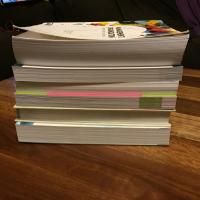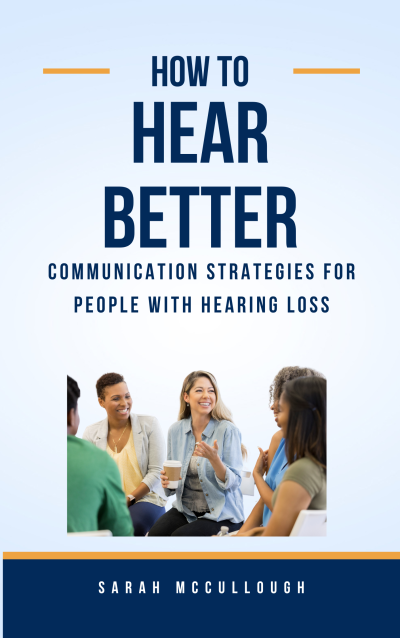Education as a life-long process
As a 16-year-old, I was looking forward to the end of school. The end of tests, exams, and education. Then, I decided to go to university. Okay, so three more years of education it was to be. I spent four and a half of the next five years at university. But what then? My primary degree didn’t qualify me to do anything I wanted. So, I took a year off and then embarked on another two years of university education to complete a Graduate Diploma and a Master's degree.
By this time, I had my VCE (Victorian Certificate of Education or year 12 qualification), two Bachelor's degrees, a graduate diploma, and a Master's degree. At this point, I swore never again to embark on more education.
A few years later, I moved into an area of my profession I didn’t think I had the qualifications to handle. I could return to what I was doing or further study. I had also started to wonder what would happen if I wanted to change professions during my working life and the consequences that having a particular Master's degree would have on my options. Enough time had passed, and my thirst for learning had returned. So, I decided to take the more challenging option and returned to study a further Masters degree. This time, doing so while juggling a job that was highly demanding and involved far more hours than your average full-time job. Luckily, my job also involved lots of travel, and I soon discovered that time on airplanes was valuable study time. I finished that Master's degree a few months ago, and this time, I knew it was not a case of swearing I would never study again. I knew it was pointless to say I would never study again, not just because I have a thirst for learning but also because I view education differently now than when I was sixteen.
When I was sixteen, I thought education was something you did when you were young, but then you finished. Now I know it should be a lifelong process. Even within my profession, things change over time. Our professional governing body requires us to embark on continuing professional development in order to keep up and offer up-to-date services. This is a sign of the world we live in.
Our world does not stay still. It changes all the time. Things progress rapidly, and to not learn is to get left behind. The kids graduating from high school and university now are far more knowledgeable in areas currently in demand from the job sector than when I graduated high school all those years ago. If I were not to study, I would quickly get overtaken by the newer, up-and-coming generations. They would be the ones that get the good jobs, and I would be left with the scraps. Like many people, I have no desire to be left behind by the younger generations, so I need to study and embark on further education. Learning is key for everyone in a world where things change so quickly. If you think about it, this is not true for our work lives.
Look at the members of the older generations who cannot use computers and other technologies, which form a crucial pillar in all aspects of our lives. Have you ever wondered how they let that happen? How did they not keep up? We are also at risk of ending up in a similar situation. With technology changing so quickly, it is easy to be left behind. If we want to continue to use the technology we value so much in all areas of our lives, but that changes so quickly, we must continue to learn and educate ourselves on how to use the latest and greatest tools and gadgets. Training, learning, and education are the key.
The need for education, however, does not mean that everyone must embark on multiple higher education courses. We are lucky to live in a world where learning and teaching are at our fingertips. The internet means there is almost unlimited information that can be readily accessed. This information can be easily accessed simply by looking up topics of interest. There is always the local library if you don’t have internet or a computer. With free access to the internet and computers in most libraries around the country, accessibility to information is at an all-time high. Of course, one has to be careful about what one reads on the internet and the quality of information. Still, for anyone unsure, many courses run through various institutions that are free to access.
In the few months since I finished studying, I have done a chemistry course, a physics course, and a course about the social side of changes in agriculture. All of these are free. I found something interesting, and I put aside the time to learn. I am sure it won’t be long until I start something else because the one key thing I have learnt above all else over the years is the value of continuing to learn. Education, in one form or another, is not something that we should view as a process that occurs and stops, but rather an essential element of our lives that is a lifelong process.

